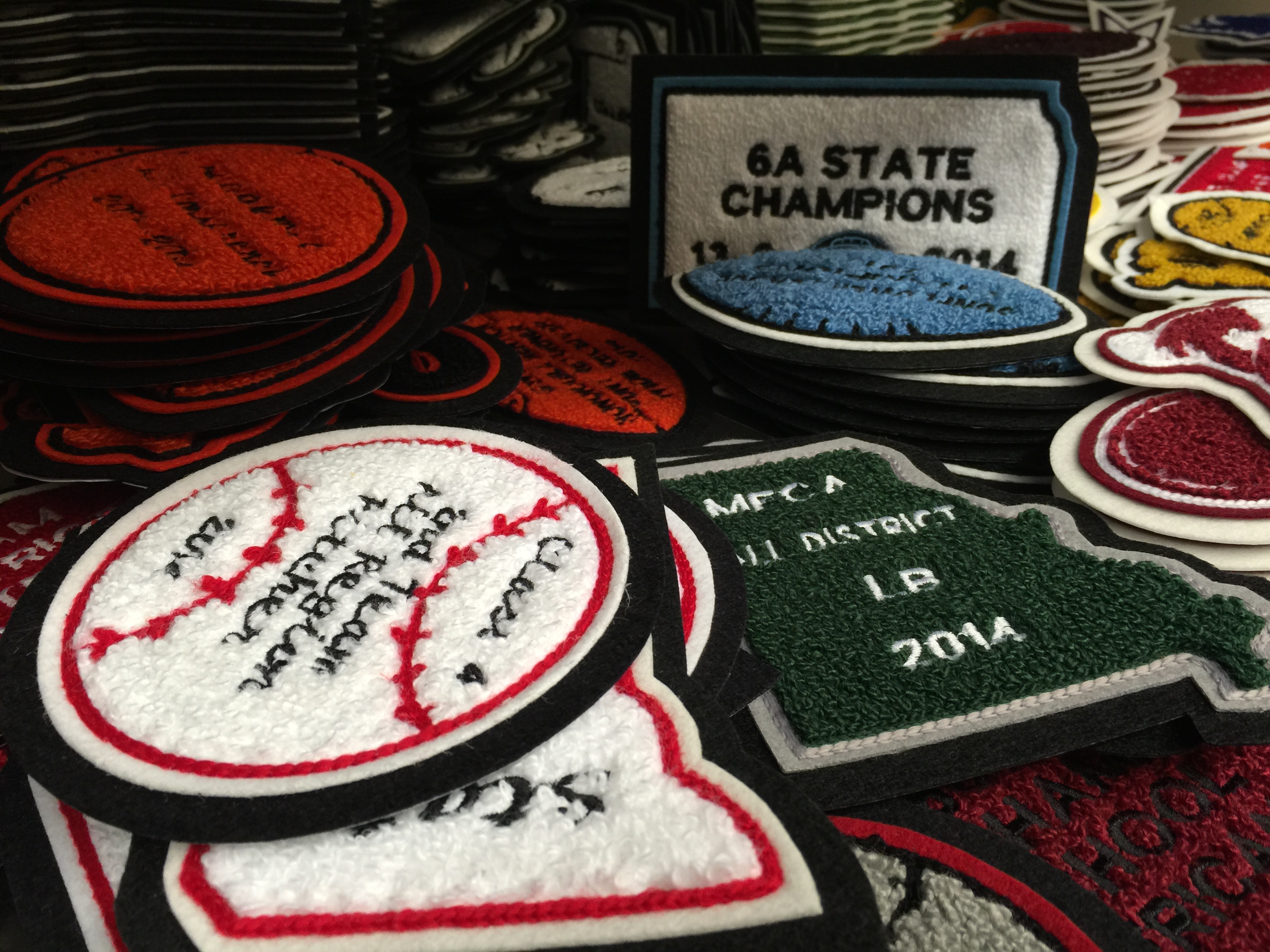French Stocks, Protestantism, and Old Money
One of the reasons I haven’t been around much this month is I’ve been working with members on both sides of my family, adjusting portfolios now that we are in a new tax year, reviewing plans to make sure everyone is on track for retirement, and dealing with some paperwork that includes a nightmare of an annuity transfer that has gone so wrong, I had to have the annuitant involve the regulators of two different states.

Most of my time the past couple of weeks has been spent going through the family’s holdings for an annual review and, if necessary, rebalancing. I think best in quiet so I tend to get up early, go out to a restaurant for breakfast, and sit in silence with a stack of tear sheets, annual reports, and a notebook to see each persons’ holdings; how well-rounded they are or what exposures they share that could cause a problem in the event of a correlated decline. With the volatility happening in Europe, the quiet, almost unnoticed repeal of the socialist taxes that were put in place several years ago to much fanfare now that they have utterly failed to achieve what they hoped it would achieve, and the strengthening U.S. dollar, I had my parents sell off some of their American banks to expand their French oil and pharmaceutical holdings, their Nestle stake in Switzerland, and a couple of British and Australian positions, as well. Sure, Europe could get ugly quickly depending on how things go in the future with the potential exit of Greece from the Eurozone but it won’t matter by the time they’re ready to retire.
The 10,000 or so words I have written in the past 30 days have all gone to About.com as I’m working to overhaul the site completely in the coming six months, with pieces focusing on basic concepts for beginners such as comparing the opportunity cost of a decision using two time value of money formulas and breaking down what I consider one of the top enemies of wealth accumulation in private portfolios: turnover. By the time it’s done, I want the navigation to be a lot easier, which is frustrating because I have little control over the layout of the site itself (or the ads … please don’t write me about the ads because I have no say in the frequency, placement, or ubiquity).
I’m also still looking into a forum for this site, based on requests from several of you, so the community can have conversations when I’m not around based on shared interests in a wide range of topics. Oh, and Google just sent me a message saying that if I don’t create a mobile version of the blog, they will basically drop it from search results on mobile phones. Given that I hate mobile versions of sites, and disable them, I’m not particularly inclined to agree now that technology is almost to the point where there should be no meaningful difference between desktop and mobile devices. Personal taste and all of that, but I want the exact same experience no matter how I access information.
Meanwhile, Aaron and I are launching a series of projects that we expect to take 36 months to complete. We are both 32 years old and it’s time to get the next 8-10 years settled. This includes some estate planning, some changes to our personal balance sheet, and divesting anything beyond the core things on which we want to focus. I’m sure I’ll be writing about it in the coming years quite a lot so there’s little point in talking about the preliminaries.

We’re going to overhaul the technology platform the sporting goods business uses, which will take at least six months of non-stop work but should result in some fairly significant productivity gains. We’re thinking about expanding into certain adjacent fields, too, but that is going to be a capital allocation decision that I have to make given it will commit us to a certain course of action for several years. I’m undecided at the moment.

We have too many images to count that we could turn into finished testimonials. I’d like to get that done, too, especially for some of our bigger media clients in television and film.
One other side clean-up project: I promised last year to keep a Google spreadsheet of my reading so I could share it with you. Several months ago, when Dragon Age: Inquisition was released, I forgot to keep it updated. I’m going to try to go back through and get it in order sometime prior to spring so I can make the link public. That way, those of you who are interested in what I’m reading, and are kind of enough to share your reading list with me, can steal the best ideas off it based on your own interest.
The sad thing about us being behind in the schedule? Aaron and I are supposed to be at Walt Disney World with friends but are too busy to get away. Right now, I should be sitting down for Tonga Toast. Instead, I’m about to have a pizza as I read a book from 1988 by Nelson Aldrich about a world that is now long dead along with many of the people occupying it: Old Money. It’s a bizarre notion; that people once thought this way. I barely remember the older generation when I was a kid in the 1980s having reverence for certain families like the Kennedy’s but it is such a foreign thought that it’s almost like I dreamed it. He talks of the rise of Celebritocracy, replacing Old Money, and it seems that we are fully there. After all, would anyone want to have lunch with the great grandchildren of Steve Jobs? What will they have done to accomplish anything? No, most Americans would rather talk to new tech startup CEO in Silicon Valley or hear success stories of a construction worker who built an empire over 25 years; get a backstage pass to see Beyonce or have coffee with Elon Musk. Aldrich said it dooms a majority of society to feelings of inadequacy whereas under the old money system, they just felt unlucky and maybe resentful.
It’s hard to dispute. The average American doesn’t automatically respect someone for being born into the right family, anymore. You’re an umpteeth-generation DuPont? Okay. People who want some of your largesse might feign interest but it doesn’t stir the imagination. That emotional power now belongs to those who change the world.
Even today’s titans eschew old money. Bill Gates and Warren Buffett are gifting almost all of their fortunes to charity, to pay back society for the fruits that have been bestowed upon them. We’re not one for dynasties, anymore. Certainly not in the same way you see in parts of Asia. It’s another oddity of American culture. We are … culturally indoctrinated to have very different priorities. It shows up in such random places, too. American workers, by way of example, avoid taking roughly 51% of the paid vacation time to which they are entitled because they’d rather have the cash value despite boasting some of the highest discretionary incomes in the world. There are all these idiosyncrasies that make us, frankly, weird, compared to everyone else. It would be interesting to study them. I’m convinced, as has been discussed a few times in the past and brought up by some of you, part of this was the religious infusion of a strain of Protestantism in the 19th century that equated morality and good with effort and achievement. Americans several generations ago believed that God wanted us to be rich; God wanted us to be successful; prosperity was a gift bestowed upon a life well lived by God Himself, which was very different than some of the views on material wealth held in Europe in the centuries prior.
I’m rambling now. It’s time for pizza.


